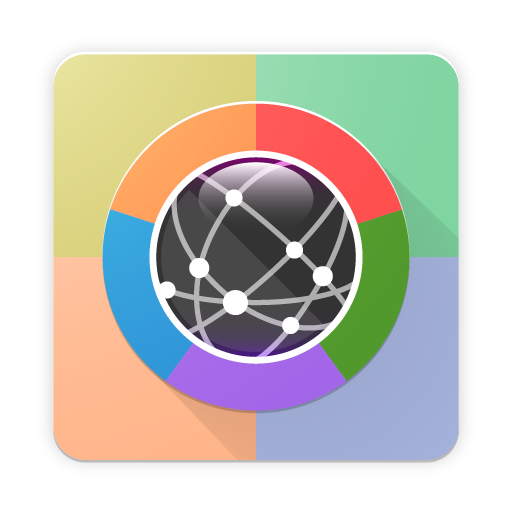-
Activities around Design of STEM Curricula
The following proposed set of activities provides a multilevel architecture for teacher learning centering around the design of STEM curriculum units (comprising targeted learning outcome goals, learning and assessment task designs), their implementation, evaluation, and further improvement.
-
Theme-based workshops for both primary and secondary schools
These workshops are designed as major events requiring the participation of project teachers from all Network schools.
-
Primary and secondary school cluster meetings
These meetings are held separately for primary and secondary school teachers to address issues and topics in ways that can cater more specifically to the needs of the students and/or the curriculum at the respective school levels.
-
Regional cluster meetings
These meetings provide opportunities for teachers to share their experiences around everyday practices.
-
School-based collaborative lesson planning
This facilitates the development of school-based innovation units, with lesson observations and debriefing after implementation.
-
Open classroom observations
This is an important mechanism for in-depth inter-school peer learning.
-
Leadership participation
Principal of every Network school needs to participate in two of the theme-based meetings described in (1). Principals are also requested to attend at least one open classroom observation in another school per year.
-
-
Learning Technologies
A suite of technological tools is provided, which plays an important role in supporting all facets of students’, teachers’ and school leaders’ everyday practices, prioritizing self-directed learning as the pedagogy of choice, and facilitating interdisciplinary STEM integration through the appropriately indexed, rich database of learning and assessment designs and resources. This component builds on the e-learning
-
Interactive Learning and Assessment Platform (iLAP)
The Moodle-based learning management system customized by CITE to support primary and secondary school students and teachers in their self-directed learning and collaborative inquiry;
-
Learning Design Studio (LDS)
A learning design, knowledge management and professional collaboration tool that is purpose-built to provide cognitive and resource support for teachers in the design of self-directed learning (SDL) curriculum units;
-
Good classroom practices database
-
-
Leadership Circles
The following organizational and activity structures are provided under this component to foster the three types of leadership capacity:
-
Learning design & pedagogical mentorship circles
Clusters of teachers at the same school level with similar curriculum or pedagogical interests;
-
Thematic STEM innovation circles
Clusters of teachers from both primary and secondary schools that are interested in working together to develop curriculum units around similar topics/themes/issues of real-life relevance that integrate knowledge and skills from two or more STEM/STEAM disciplinary areas;
-
Transformative learning leadership (TLL) circles
Principals/vice principals from each cluster of schools in the thematic innovation circles form a team to increase their schools’ change leadership capacity for transformative learning.
-






